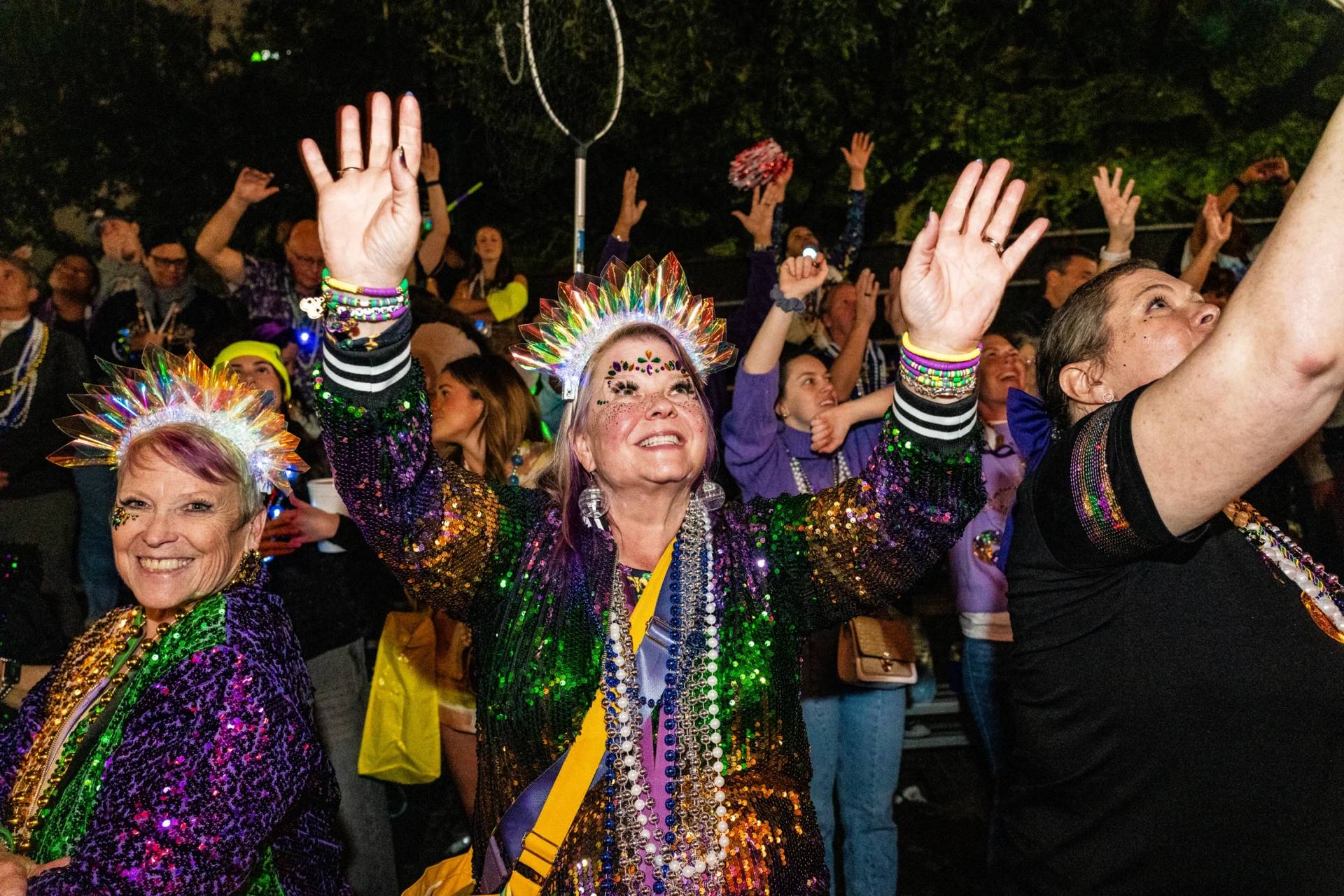PHOENIX — It was a surreal moment for humanity because it was a moment that transcended all of us and pierced the human soul, Imam Makram el-Amin said in a webinar June 10.
“It was so public, it was so witnessed, it evoked such a visceral response,” said the imam of Masjid An-Nur in Minneapolis, who is the spiritual adviser of Keith Ellison, the first Muslim elected to Congress and now Minnesota’s attorney general. “My wife actually watched the video before I could actually bring myself to watching it. It took my several days before I could watch it all the way through.”
Georgetown University’s Berkley Center for Religion, Peace and World Affairs in Washington co-sponsored the afternoon webinar with the University of Southern California’s Center for Religion and Civic Culture.
Three faith leaders gave their opinions on the death of George Floyd, why it has shaken the foundation of the United States and how religious people can respond to the situation.
The Rev. Najuma Smith-Pollard said the reason this murder has garnished such attention has been an accumulation of multiple external factors, which has put it out in the spotlight.
“A number of people would characterize this moment as the perfect storm,” said Smith-Pollard, who is a program manager for the USC Cecil Murray Center for Community Engagement. “You have a triple pandemic. You have the COVID pandemic, which forced people indoors and off work. It then forces an economic crisis for millions of people. Then you layer an egregious violence to, yet again, another black man screaming, ‘I can’t breathe.'”
“This is not the worst one, this is just bad,” she added. “One is not worse than the other. It was just too many forces coming together at one time, and everybody I believe felt vulnerable in the way in which this crime happened.”
One point of discussion was the cries for his mother that Floyd screamed before falling unconscious. Smith-Pollard, who has served at a number of African Methodist Episcopal churches around the country, said she described it as a moment that every mother would feel in their heart.
“You cannot be a mother and not have felt something,” she said. “There is not a living mother who saw that, heard that and did not feel pierced in their soul. That was like a holy summon — the ancestor mommas, present mommas and mommas to be.”
The Rev. Peg Chemberlin, a clergywoman in the Moravian Church, who served 22 years as CEO of the Minnesota Council of Churches, said in the webinar that her fellow white Americans are just waking up to the reality of the brutality against the black community in the United States. This veil is being pulled back and people are seeing the reality of the injustice.
Smith-Pollard said that at the core of religious faith is the fight for justice, and that is the reason why people should not be complacent with the situation happening right now.
“At the core of faith is the matter is justice,” said Smith-Pollard. “If we are really going to be people living out our faith, we have to reexamine how we approach justice. I cannot choose who am I going to be just towards and fight for justice because then I am not going to be true to my faith.”
Something to note is that the death of Floyd has created this widespread movement of protest, but the death of Breonna Taylor, at the hands of police in Louisville, Kentucky, has not garnered that same level of attention
Smith-Pollard said the reason why Taylor’s and Floyd’s deaths have had different effects on our society is because there has always been a certain attention on the black man.
“By and large the mass incarcerations, by and large the police violence has directly affected the black male first,” said Smith-Pollard. “Traditionally and culturally, the black woman has supported their black man.”
“I think it is good that we are at a place where we are more out of place now and saying, ‘No, you cannot forget the black woman,'” she added. “We are getting there, but we are not fully there, yet. We did not see the same attention around Breonna Taylor’s case and other cases, but we are turning a tide.”
As far as how people can help other than protesting on the streets is educating themselves about the issues of police brutality and oppression of the black community.
Chemberlin said she will be taking her fellow clergy to museums in the South to learn about the history and tragedies that happened there.
“I am 70 years old,” said Chemberlin. “We keep looking at racism because we have to. We are going to take all of our clergy to Montgomery, Alabama, and to Selma, Alabama. We are going to the museums and learn the story of lynching. Primely, my people feel that they have to know that lynching is part of the air that we breathe and what we use to support. That seems to be so far removed for some of the white folks.”
El-Amin said that this moment in humanity’s history is a calling for all of us to act. No one can stay stagnant in this time of change.
“We all have a role in this,” said the imam. “This moment is not a sideline moment. It is not going to be a thing where you can be able to sit back and let history tell itself you were the soul of the gazed. That is not going to fly right now.”
“When I am going to be called before my maker, I have to be responsible for my life,” he added. “‘Did you do all that you could? All that I bestowed upon and within you, did you use everything at your disposal to rid the world of evil?’ We would like to be in the position to say, ‘I exhausted my means.'”













